Virt-manager
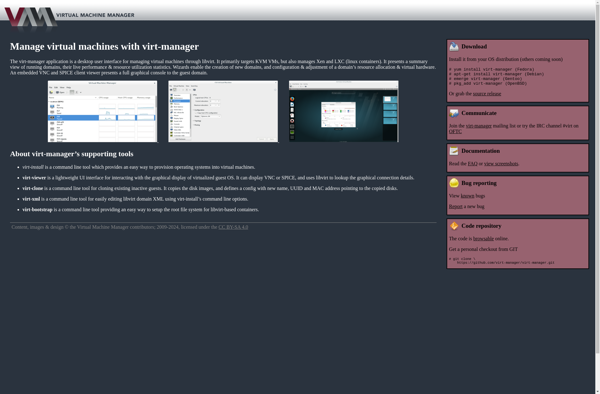
Virt-Manager: Open-Source Virtual Machine Management Tool
Open-source graphical tool for managing virtual machines using libvirt, supporting KVM and Xen hypervisors, providing a simple way to view, control, and manage guest virtual machines.
What is Virt-manager?
virt-manager is an open-source graphical application for managing virtual machines using the libvirt toolkit and related technologies. It provides a simple way to view, control, and manage guest virtual machines running on the KVM and Xen hypervisors as well as other libvirt-supported technologies such as LXC, QEMU, and VirtualBox.
Some key features of virt-manager include:
- Ability to create, start, pause, and stop virtual machines
- Console access to running virtual machine instances
- Virtual machine creation wizards for installation from ISO images, PXE boot, etc.
- Configuration of virtual networks, storage pools, interfaces, etc.
- Remote connection for managing libvirt daemons on other hosts
- Live migration of virtual machines between hosts
- Overview of host server resources including storage, networks, and CPU/memory
virt-manager aims to provide a simple, intuitive, and feature-rich graphical interface for controlling virtualization environments. It eliminates the need to use virsh and other libvirt command line tools directly. The application is written in Python and uses GTK and libvirt bindings.
Virt-manager Features
Features
- Graphical interface to manage virtual machines
- Supports KVM and Xen hypervisors
- Create, start, pause, and stop VMs
- Live migration of VMs between hosts
- Remote connection via SSH/TLS
- VM console access
- Storage and network management
- VM snapshots
Pricing
- Open Source
Pros
Cons
Official Links
Reviews & Ratings
Login to ReviewThe Best Virt-manager Alternatives
Top Network & Admin and Virtualization and other similar apps like Virt-manager
Here are some alternatives to Virt-manager:
Suggest an alternative ❐Kubernetes
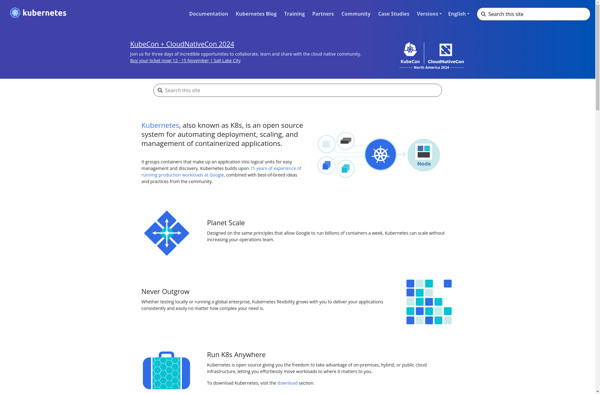
VirtualBox
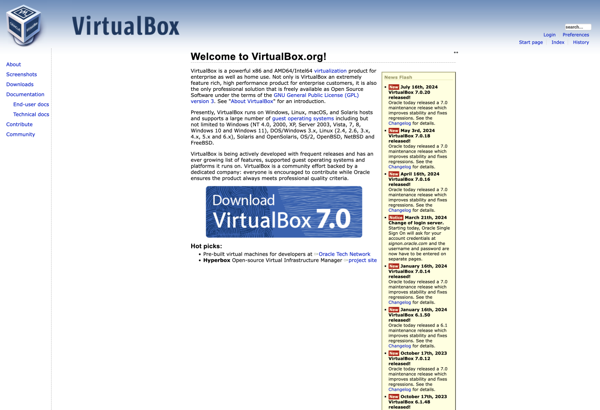
Windows Sandbox
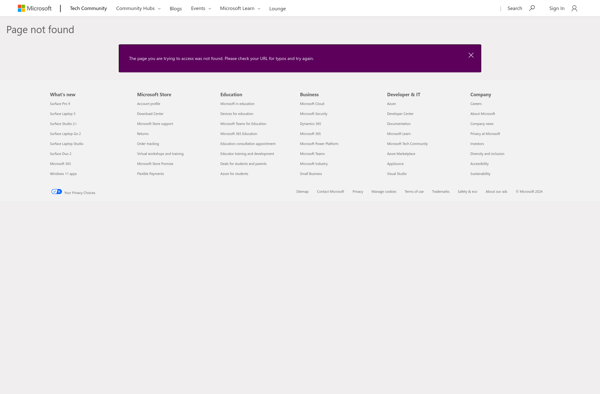
Parallels Desktop
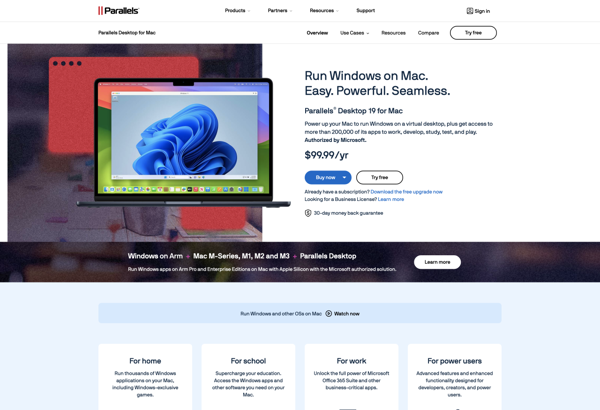
Vagrant
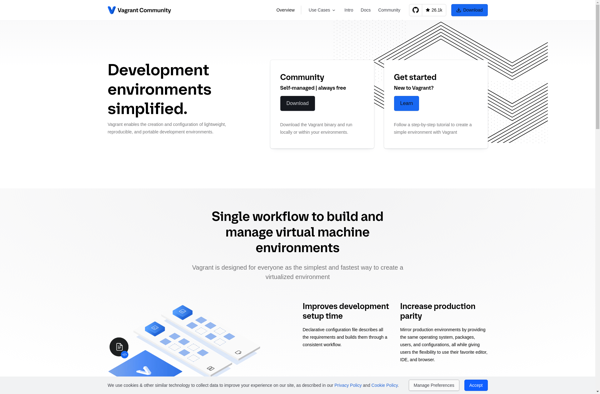
QEMU Manager
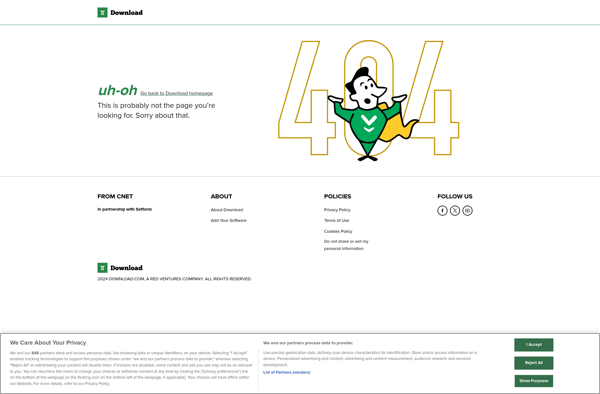
Xen Orchestra
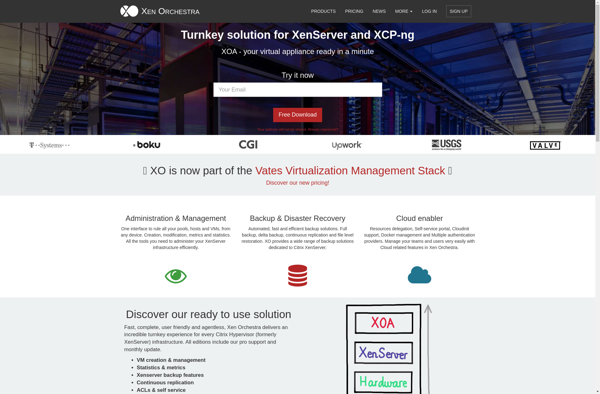
AQEMU
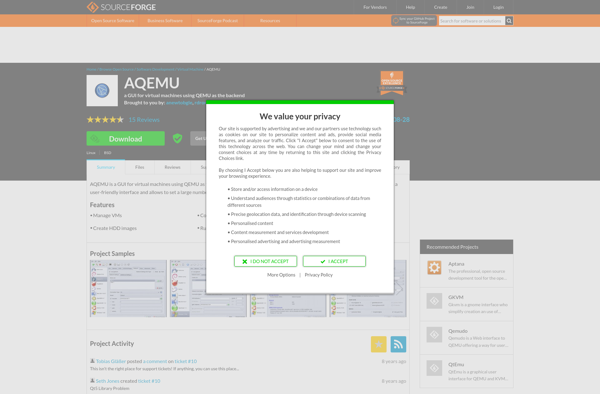
Multipass
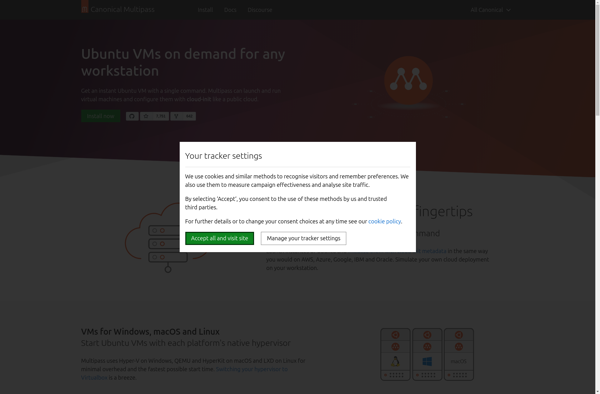
UCS Virtual Machine Manager
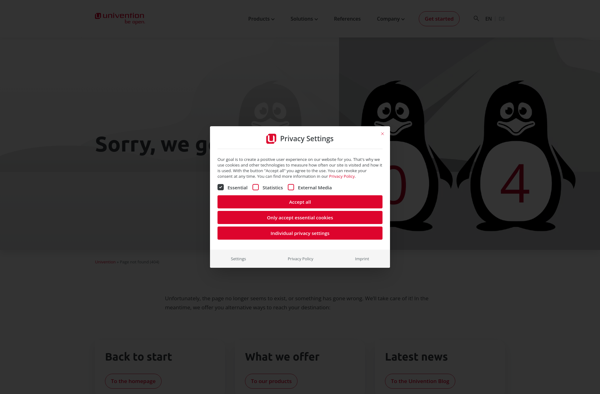
Deis
Boxes
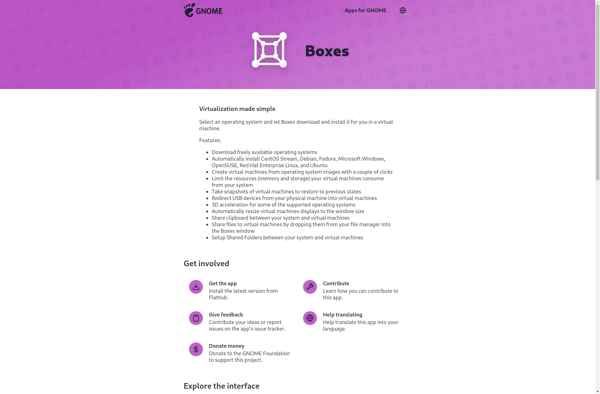
OVirt
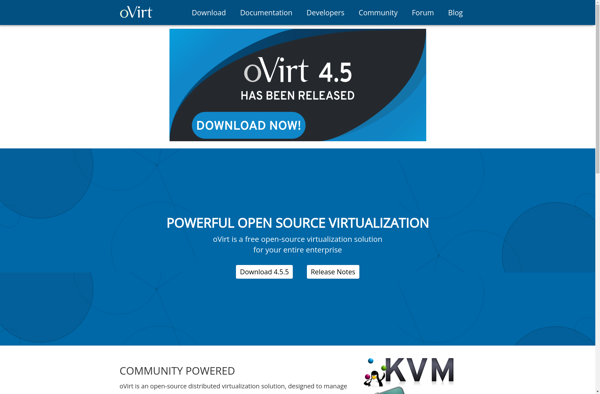
JavaQemu
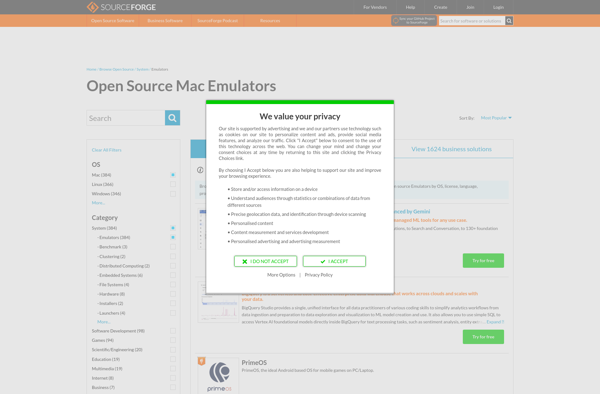
Apache Mesos
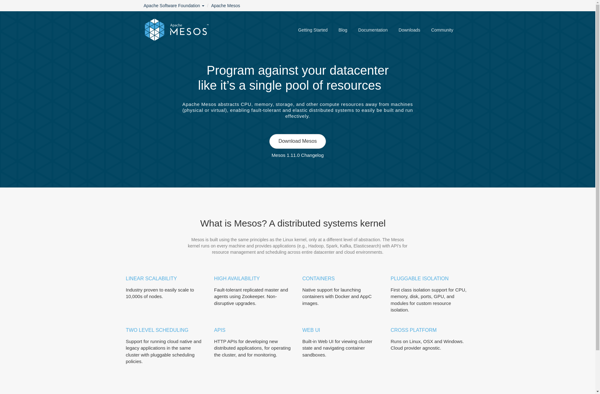
QtEmu
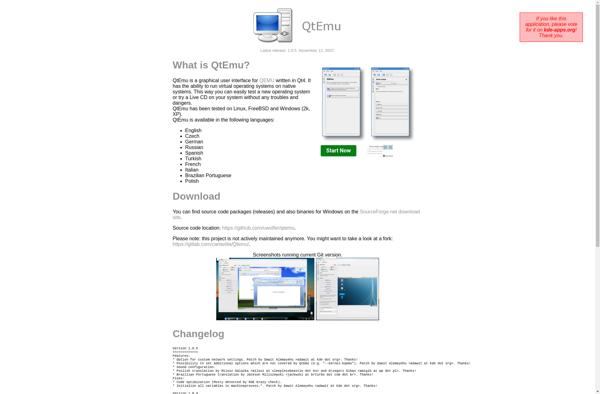
VirtualBuddy
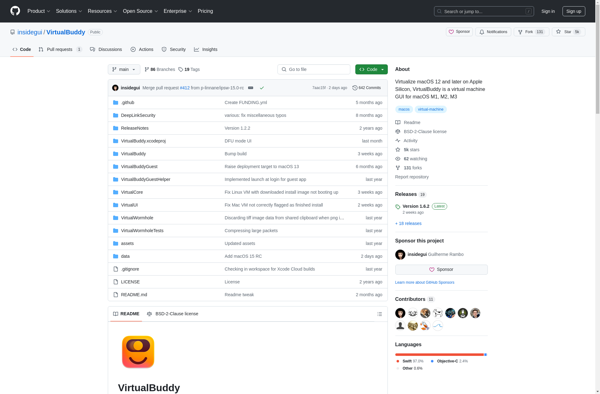
Kimchi
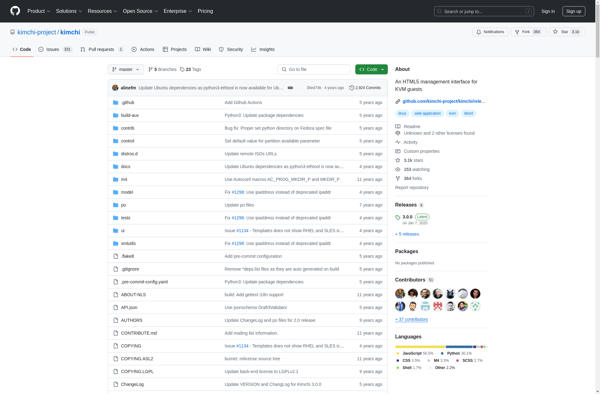
Virtual PC

Cycle.io
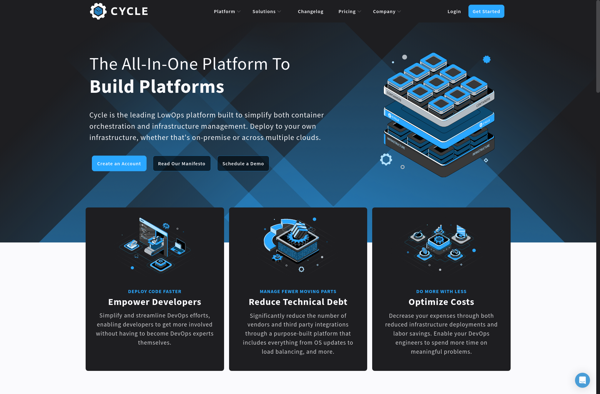
Panamax
SysInfoTools Virtual Disk Machine Recovery Tool
